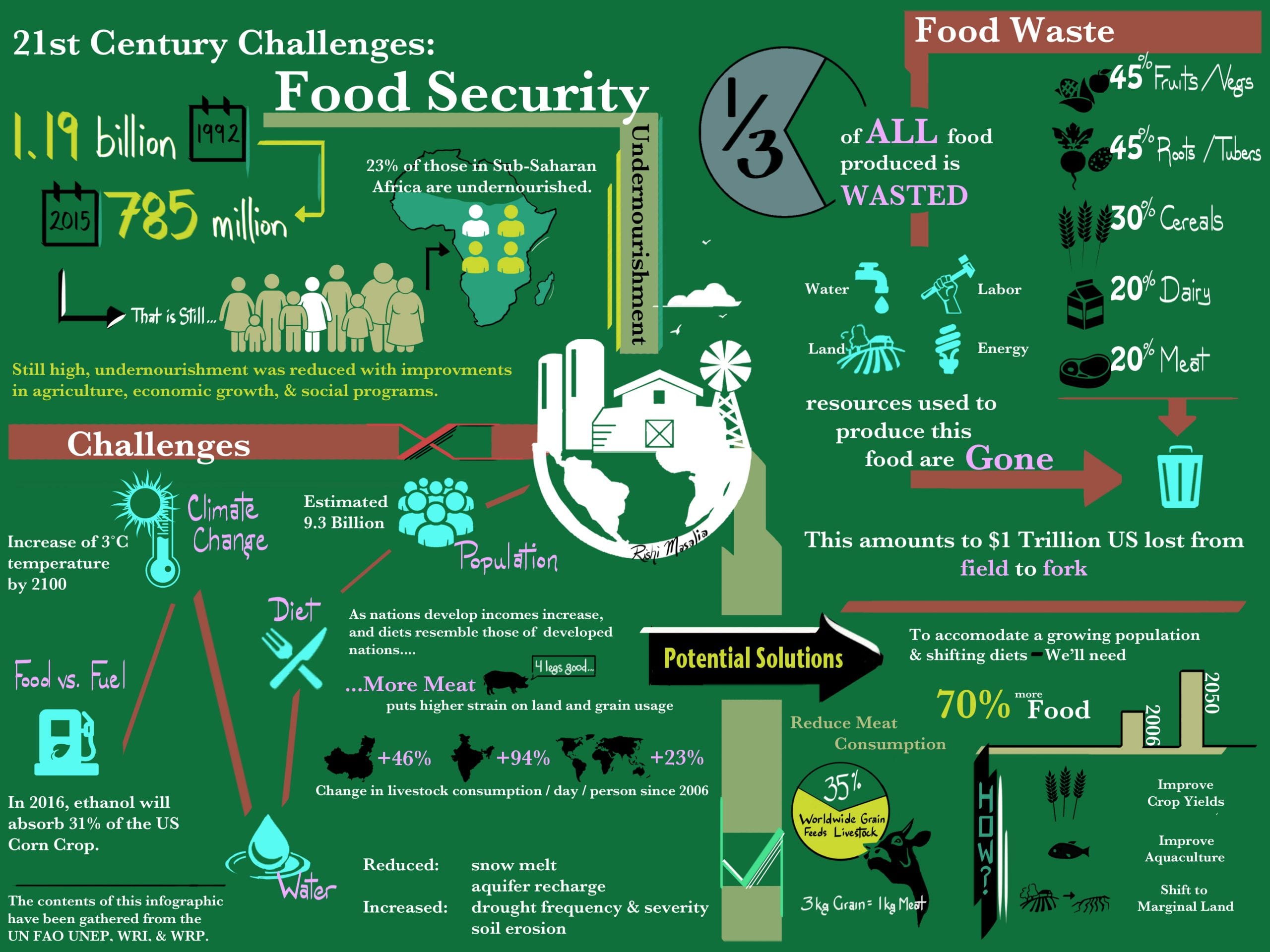Black History Month: the Life of George Washington Carver
We all know February is the shortest month of all, but this month and all its holidays are flying by even faster than usual this year! Punxsutawney Phil already didn't see his shadow, you've either endured Valentine's Day with tons of chocolate or enjoyed the day with your significant other (hopefully still with lots of







